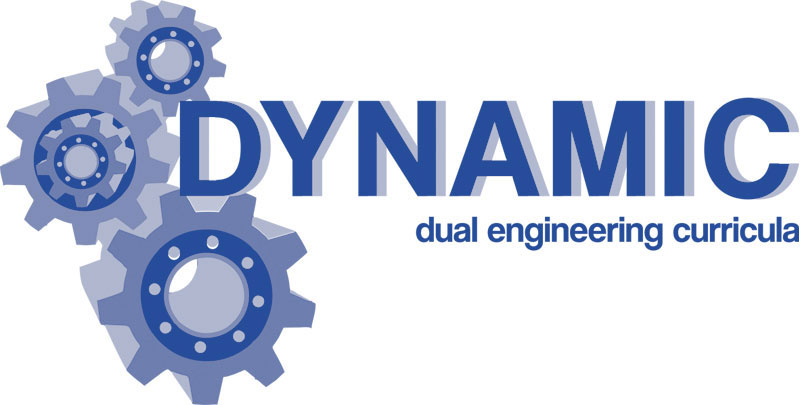As part of the worldwide network of 140 German foreign chambers in 92 countries the German-Bulgarian Chamber of Industry and Commerce – AHK Bulgarien engages in dual education and aims to contribute to its implementation, dissemination and sustainable development in the country as a coordinating and consulting organization between business and training institutions. Youth unemployment, migration and the lack of qualified working force are problems at national and European level. Through the model of dual vocational training, AHK Bulgarien gives young people in Bulgaria an opportunity for professional development in their home country and is trying to improve the quality of their professional knowledge through working in a real environment, including conducting quality internships, expanding apprenticeships and a dual training system.
The German Chambers of Industry and Commerce in Bulgaria is using an approved by the Association of German Chambers of Industry and Commerce (DIHK e.V.) training program for mentors to acquire basic pedagogical and psychological knowledge and skills in working with trainees in real work environment. The Train the Trainer Training follows the German model of Ausiblidung der Ausbilder (AdA Schulung) because a crucial element of the Dual Vocational Training is the qualification of company trainers. By assuming responsibility for providing training content, they have an important key role in the company. The program is intended for mentors in enterprises in conducting dual education and includes: objectives of the training, structuring of the study time, content and expected learning outcomes. The program explains the legal framework for dual education (dual training system) as well as the planning, implementation and evaluation of practical training. The Training specifies how vocational and professional skills can be combined with activity-based and process-oriented content. The Training prepares the future mentors/trainers for their task as tutors in the practical work out.
The training includes 40 hours and contains 4 modules. During this period, future trainers have the opportunity to form the knowledge and skills of mentors of students and adults, depending on the particularities of the economic sector and the characteristics of the trainees. The modules combine theory and practice – a normative base of the dual training system, basic pedagogical and psychological knowledge, skills, planning, implementation and evaluation of training through work and discussion of case studies and good practices. There is a final exam of the trainer, after passing the exam the mentors receive a certificate.
After a successful completion of the course, mentors are expected to acquire knowledge, social, organizational, leadership, methodological skills and a set of personal qualities to achieve successful mentoring in the dual training system.

